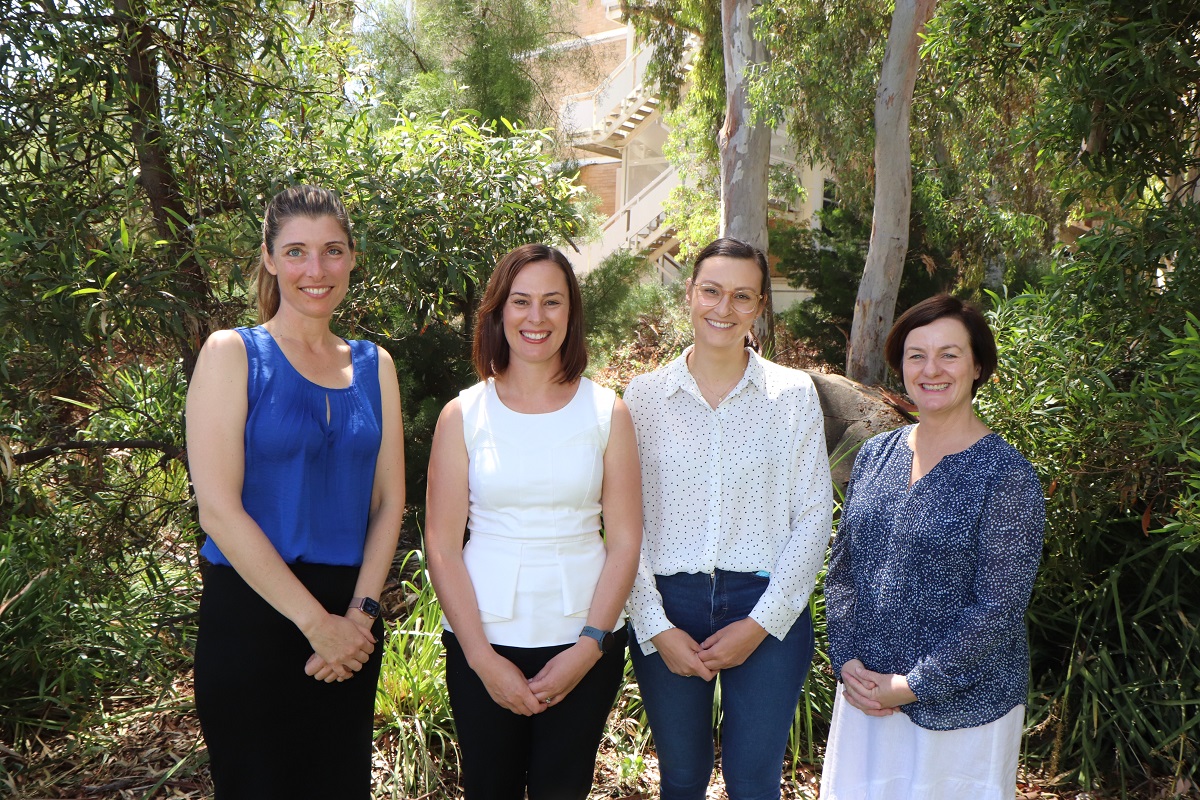
How can agitation and aggression in adult traumatic brain injury (TBI) patients be better supported in hospital and clinical rehabilitation settings?
A new Flinders Caring Futures Institute study is looking at ways to improve management of challenging behaviours in the early or acute phase of TBI, led by PhD candidate Heather Block.
Ms Block says the most common causes of TBI are falls, motor vehicle accidents and assaults, leading to often confronting behaviours in the immediate aftermath.
“When people wake up from their coma, and it’s a very early stage of their recovery, agitation and aggression behaviours can happen in up to 70% of patients in the hospital setting.”
From her experience working as an occupational therapist in hospital settings, Ms Block saw first-hand the difficulties faced.
“Behaviours that result from TBI are not always well managed,” she explains. “It’s difficult for the patient, it’s difficult for the family to see their loved one’s behaviours change, it’s difficult for staff, and it can affect the patient’s recovery and transition to rehabilitation.”
Traditionally, hospital staff have used a wide range of strategies to manage challenging behaviours, including physical and chemical restraints.
“As well as being confronting for family members, we’ve seen restraints can prolong recovery from the post-traumatic amnesia state many people in the early phase of TBI experience,” Ms Block says.
A previous Lifetime Support Authority-funded study conducted at Flinders Medical Centre and Royal Adelaide Hospital identified improvements that needed to be made in consistency of approach, with some patients receiving different care models than others during their recovery period. Ms Block led the project, helping to implement a consistent protocol approach of assessment and management strategies. The new protocol saw reduced use of physical restraints, reduced length of stay for patients and high motivation for change among staff.
“That research has fed into my PhD, which will further explore the evidence around the topic,” Ms Block says.

With continued support from Lifetime Support Authority, Ms Block and her research team will speak to a variety of people to inform their research. Focus groups will gauge the opinions of up to 15 multidisciplinary staff working in a hospital environment with TBI victims, while up to 15 rehabilitation staff will also share their impressions. Just as importantly, the research team will be speaking directly to family members of those who have experienced brain injury.
“We will conduct around ten interviews with family, just to really understand what it was like, from their perspective, to see their loved one in this early stage when they woke up from their coma and seeing the rapid change in behaviour,” Ms Block explains.
“We want to hear what worked well, what didn’t work well, how the environment helped or hindered their recovery and what recommendations they have.”
Information gathered will help Ms Block develop a series of recommendations about ways to implement best practice approaches, with the aim of achieving more consistency across acute hospital settings and improving patient outcomes.
“The environment itself can be a trigger for TBI patients,” Ms Block says.
“I’m hoping we can see some more proactive approaches around modifying the hospital environment, making it more calm or settled for people who are in particularly vulnerable situations, and look at ways to identify triggers.”
Ms Block points out there is also some misunderstanding around aggressive behaviours which needs to be addressed.
“I think there needs to be more education around the fact the behaviour change is a neurological symptom of the brain injury. If we can raise awareness around that, and educate staff and family members, that would be helpful.”
Ms Block’s Principal Supervisor is fellow Flinders Caring Futures Institute researcher Professor Stacey George, with the Institute’s Associate Professor Michelle Bellon and Dr Sarah Hunter also on the research team.

